How Nick Haschka Engineered 40%+ Carry Terms
MIT grad Nick Haschka shares how he structured above-market carry—up to 80%—by creatively aligning sponsor and investor incentives in private equity deals.
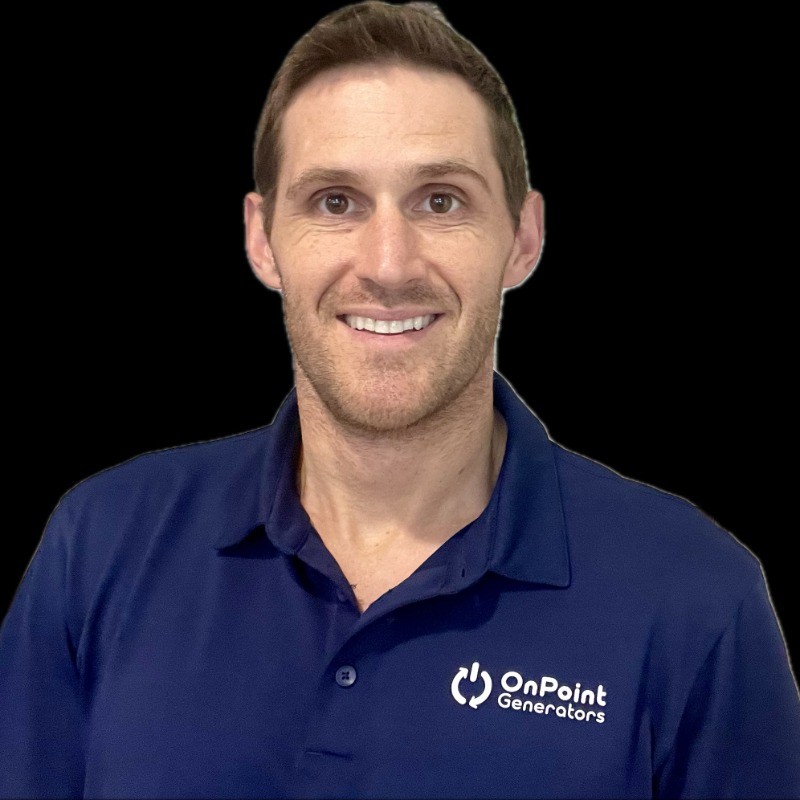

We actually decided the title for this episode before we remembered that Nick Haschka did his undergrad at MIT. In other words, he’s trained to engineer terms to optimize for all sides of the table. It’s not an art; it’s science.
Nick’s reference was the self-funded search world, but his ambition was more akin to that of independent sponsors. Building a long-term platform, he was on a quest to design an investor term sheet that gave him the upside his hands-on operator role deserved while also compelling investors to participate for the long haul.
For his deal, Nick earns carried interest up to 80%! But there are hurdles, and more hurdles, and backloading, and other caveats. In short, if things go fantastic, they go fantastic for everyone, and especially for Nick. But otherwise; investors first.
Not only are there not a lot of fees, but the preferred equity is set at 11%, which is at the higher end of the commonly seen 8-12% range.
Despite, or maybe because of, his creative financing, Nick was eventually able to fund his whole deal. In this interview he walks us through twelve conditions that may help a sponsor negotiate above-market terms with their prospective limited partners. These factors include low valuation, retail investors, high leverage, and backloaded sponsor economics.
Side note: in late 2024, we saw an independent sponsor “in the wild” who had adopted Nick Haschka’s structure with investors.
Check today’s new episode of the Minds Capital Podcast with Nick Haschka.
More recent episodes
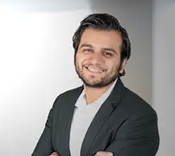
Family Offices + Independent Sponsors = Strong Match
James Bohannon of Belzberg & Co explains how family offices evaluate independent sponsors, the power dynamics of LP relationships, and why choosing the right capital partner matters more than closing any deal.

The 16-Year Path to a $175m Revenue Portfolio
Michael Healy founded Gardner Standard in 2010, building a unique independent sponsor strategy focused on legally complex deals like bankruptcies and distressed situations.

Axial's Lessons From 10,000 Lower-Middle Market Deals
Peter Lehrman of Axial shares tactical insights on how independent sponsors source, win, and fund deals in the lower-middle-market M&A space.